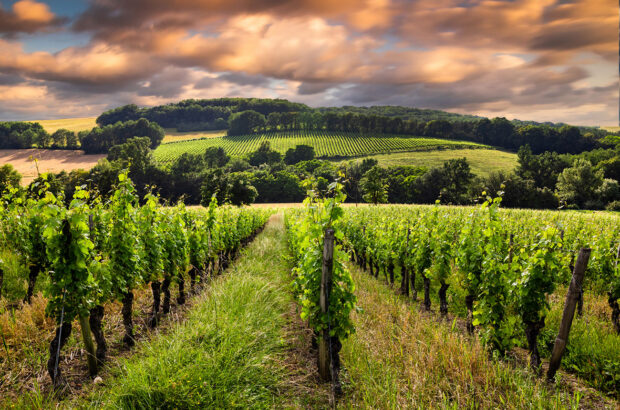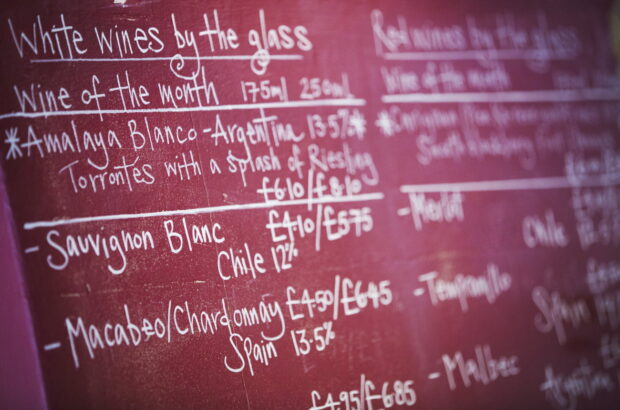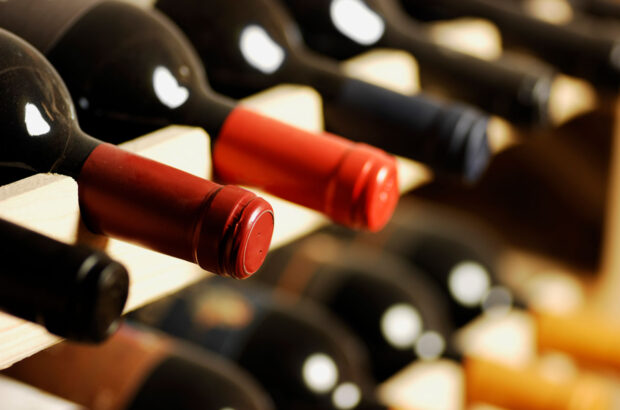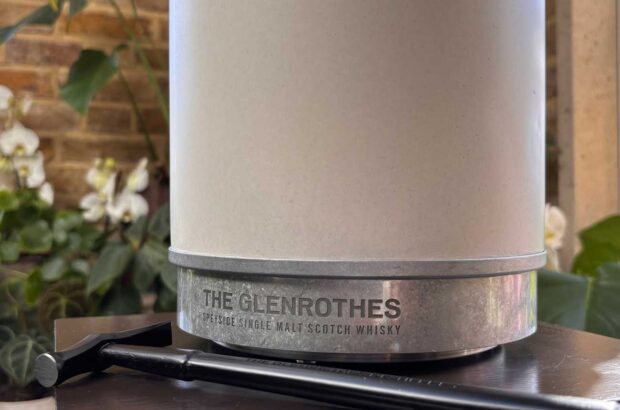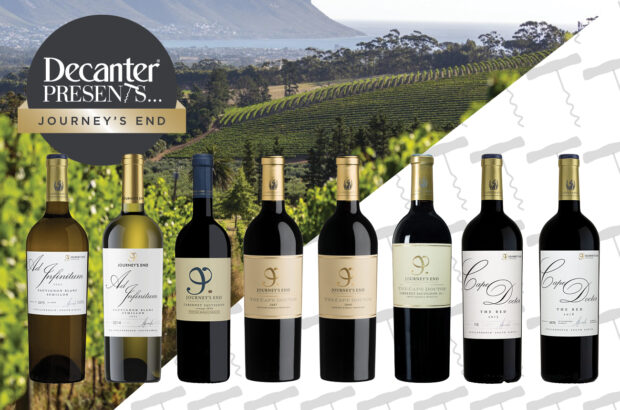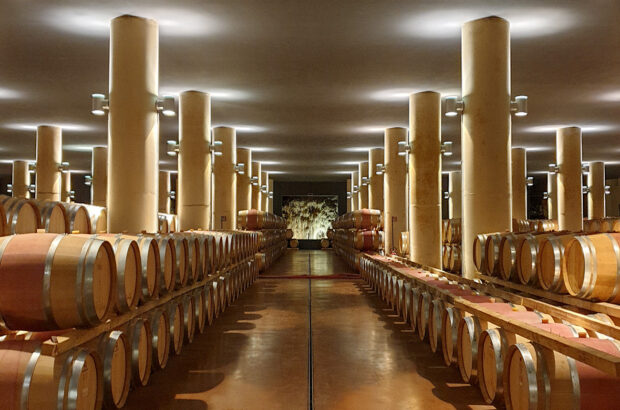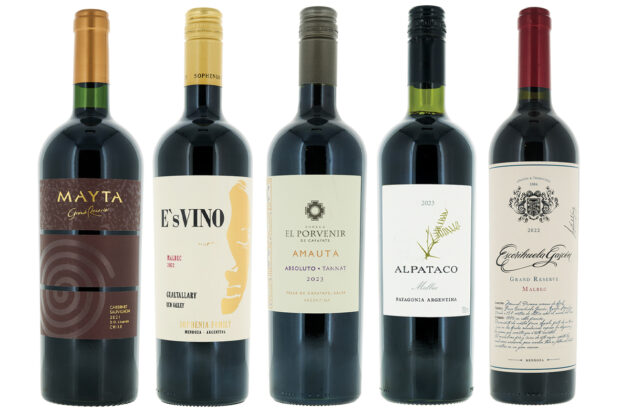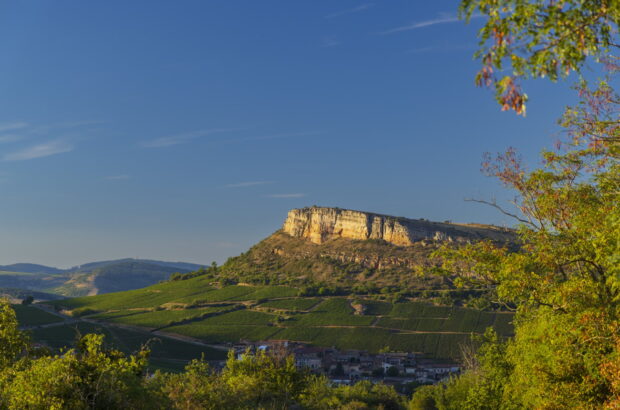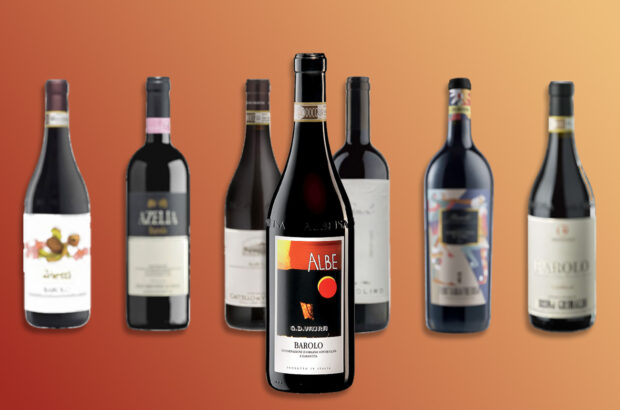Chardonnay, most wine lovers agree, is the noblest white grape variety (we’ll allow Riesling enthusiasts a dissenting voice), and today it’s widely planted throughout the world.
It’s still fair to say that the best Chardonnay in the world is made from the premier and grand cru vineyards of Burgundy’s Côte-d’Or, but with mature vineyards and experienced winemakers working with the variety, the best examples from elsewhere are catching up with the best of Burgundy.
Malleable
Unlike its Burgundian stablemate Pinot Noir, Chardonnay has never been particularly difficult to grow. While it tends to thrive in relatively cool sites, it can succeed in a number of styles, from unoaked through to richly oaked, lean and minerally through to voluptuous and tropical. In short, it’s malleable.
This is a variety that winemakers love to play with, as they can easily exercise their skills on it, dabbling in all kinds of variables such as yields, barrel fermentation, malolactic fermentation (or its suppression), lees-stirring and more.
Introduction copy by Stephen Brook in the March 2015 issue of Decanter magazine.
The best Chardonnays outside of Burgundy:
The following wines are some of our top scoring Chardonnay wines tasted by our experts, from regions outside Burgundy.
Best Chardonnay regions
France
The grands crus of Puligny- and Chassagne-Montrachet are considered the finest Chardonnays in the world, as well as the richer examples from the hill of Corton
Both oxidative and non-oxidative ‘ouillé’ winemaking produces Chardonnay of a very different style to Burgundy
Australia
Margaret River, Western Australia
A peninsula jutting out into the Indian Ocean, the region has a maritime character with wet winters and warm, dry summers
Adelaide Hills, South Australia
The altitude of the vineyards – reaching over 600m – lends freshness and moderation to the grapes
Yarra Valley, Victoria
Situated north of Melbourne, the hills of Yarra provide varying topography to ideally site vineyards, providing shelter from wind and sun
Geelong, Victoria
The maritime climate of Geelong, close to Port Phillip Bay and the Bass Strait, provides a long growing season for vines planted on varying soil types.
Australia’s coolest region, the island of Tasmania is as renowned for its sparkling wines as for its still Chardonnay wines
Argentina
Uco Valley, Mendoza
Vineyards planted at up to 1,400m above sea level provide cool conditions with plenty of sunshine
South Africa
Hemel-en-Aarde, Walker Bay
The narrow valley traps moisture-laden clouds, while the clay slopes have vineyards planted at up to 350m. In combination with the cooling Atlantic breezes, it’s an ideal location for elegant Chardonnay
Elgin, Western Cape
Very close to the coast, Elgin’s altitude, cooling breezes and morning mists are all beneficial for growing Chardonnay
USA
Russian River Valley, Sonoma County
One of Sonoma’s coolest AVAs, strongly influenced by cool ocean breezes flowing through the Petaluma Gap. Vines enjoy a long growing season, and the south of the AVA experiences morning fog
Santa Cruz Mountains, San Francisco Bay
Mountainous terrain offering cooler, west-facing exposures facing the coast and warmer, east-facing exposures sheltered from the ocean breezes



